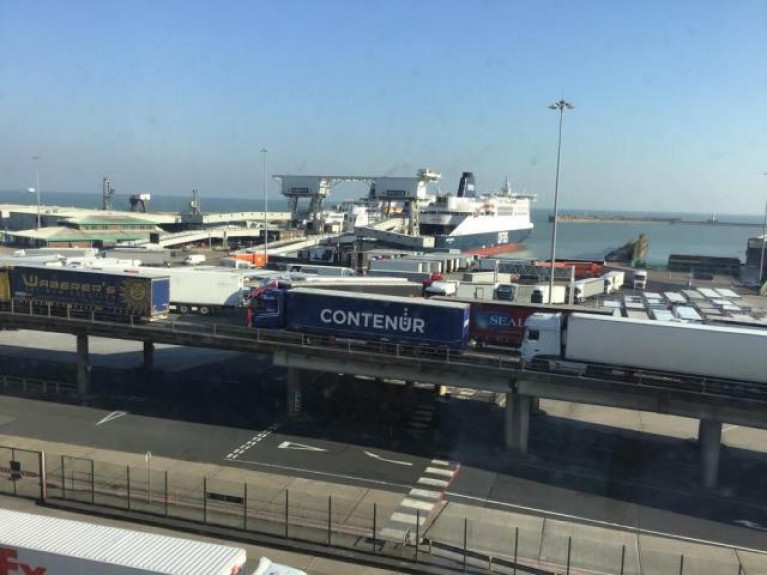The UK ports industry undertakes a vital role in Britain's economy, facilitating trade, fuel, energy, fishing, recreation and tourism. All tiers of the UK Government and the industry are committed to ports staying open to help sustain the country during this challenging time.
The British Ports Assocation (BPA) has been working flat-out to support the industry with regular calls and correspondence with the UK and devolved Governments on everything from business support and key workers, to security and fishing. We are also continuing to push for an expansion of testing and protective equipment for ports’ essential key workers.
Given the volume of information and guidance being issued on a daily basis from Government(s) and numerous agencies, the BPA is now signposting all of this content in one place in a clear and concise manner.
Ports have been receiving daily updates on a wide range of topics as they are announced, but the BPA recognise this can be overwhelming so have gathered everything in one place.
In cooperation with the UK Government, the Association will be keeping the hub up to date with the latest Government guidance and information. The BPA represents 86% of the ports by trade volume in the UK and our members manage around 400 ports, harbours and terminals, however this hub is very much open to all.
www.britishports.org.uk/coronavirus
The BPA are closely working with its members to help answer any questions they have and feed any concerns onto government where relevant. Industry best practice is also being developed where processes and procedures need to be amended to take into consideration the new way of working, for example operating pilot cutters and managing vessels whilst taking into account government’s strict new social distancing requirements.
To further support the UK ports sector, the BPA has asked the ports and maritime law firm Hill Dickinson, an Associate Member of the British Ports Association (BPA), to produce a short paper on the employment implications for UK ports as the shipping industry addresses the global coronavirus pandemic.
This paper is part of the BPA’s Port Futures Programme which is a series of papers considering emerging and innovative trends in the port sector. This article is part of a forthcoming wider piece of work from Hill Dickinson and the BPA examining the potential impacts of pandemics on port.
The BPA will be holding an online webinar later this week for its port members that will address the issues outlined in this paper with the support of employment lawyer and Associate Mark Cranshaw from Hill Dickinson.
The BPA’s Corporate Services Manager, Sara Walsh, comments:
”This new information hub is the go-to ports industry resource on coronavirus and we are encouraging those across the sector to share with contacts both internal and external to their organisations.
During this rather unusual and challenging time all UK ports are under a lot of pressure and are having to make difficult decisions about how best to maintain their workforce so critical tasks are performed and legal duties met, whilst also supporting staff who are working at home or are self-isolating.
We are pleased to be working with the ports and maritime law firm Hill Dickinson to produce this short paper and host an online webinar for our members that addresses the various employment implications and challenges for all UK ports.”
Mark Cranshaw, Associate at Hill Dickinson, also adds:
”The vast majority of those working at UK ports are considered to have ‘key worker’ status which provides an exception to the government’s strict social distancing guidance to stay at home and permits travel for work purposes (where work cannot be performed from home). Like many other sectors who have ‘key workers’, this presents as a unique and unprecedented challenge for all UK ports.
Employers are having to consider which roles can be performed remotely, and where this is not possible, implementing procedures for shift working, social distancing and hand washing. Organisations also need to ensure adequate PPE is made available, where appropriate. Ports have a statutory duty to remain open, where it is safe to do so, but must also ensure the protection of all port users, including visitors, workers and employees. Port users should continue to monitor government advice and take advantage of the various support packages available, but organisations should also be mindful of both their statutory and contractual obligations in relation to employees.”
To Download a paper click: employment implications for UK ports
































































